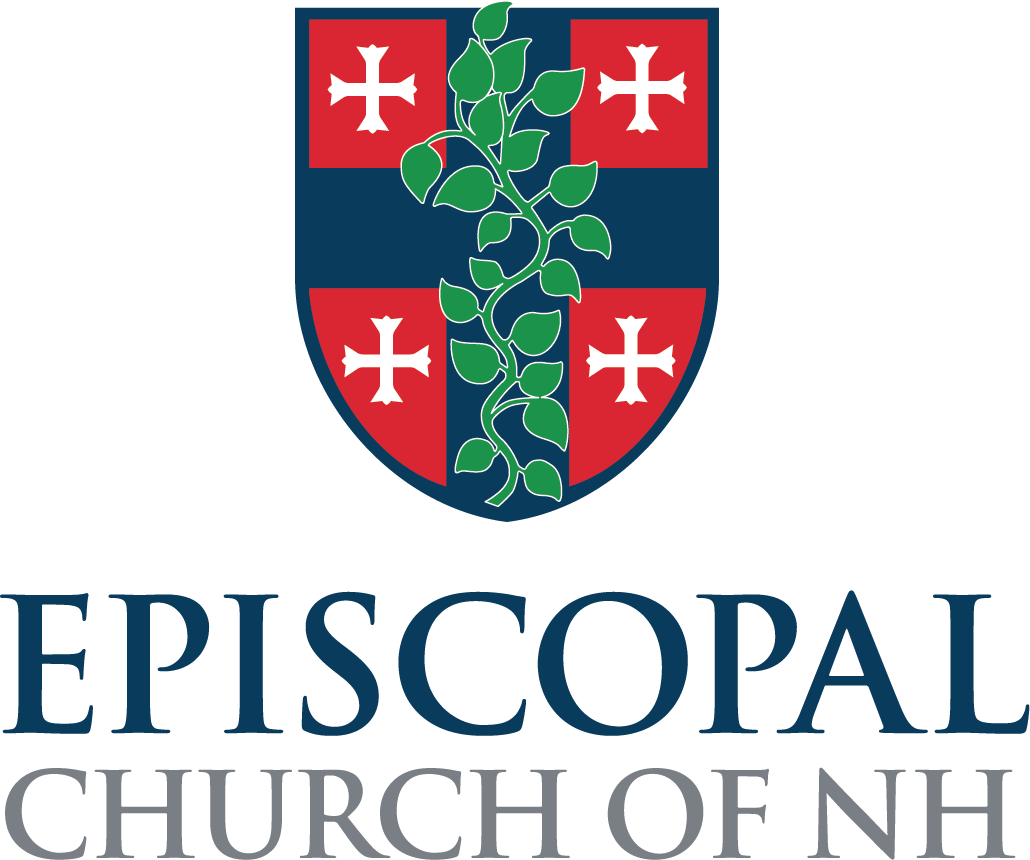Answering God’s Call to the Priesthood
Your call to the priesthood has been confirmed by the church—and your responsibilities and connections to your current community, to your employer, and to your family/household continue. The School for Ministry exists so that you can respond to that call, be formed for the priesthood, and not be uprooted from the context where you live and minister.
Why the School for Ministry instead of a residential seminary?
The School for Ministry’s blend of online and local in-person education and training brings the academic resources of the Iona Collaborative and the Seminary of the Southwest to the School for Ministry’s community of formation. School for Ministry students learn, worship, and grow together here in northern New England, where God has already called us to serve.
The School prepares priests to serve in a variety of settings across the church. Our priest-track students have been approved for local formation by the Bishop and/or Commission on Ministry overseeing the person’s preparation for ordination. The School for Ministry is particularly suited to those who will work “bi- vocationally,” continuing secular employment while also serving as ordained clergy.
And at SFM, people preparing for ordination learn and worship alongside other baptized people preparing for lay leadership in the Episcopal Church—mirroring the shared lay/clergy leadership that is the reality of the church today.
How much time will study and preparation take?
In addition to once-a-month weekends in community, you can expect to commit at least 15-20 hours per month preparing for study weekends. Some students in other Iona Collaborative programs report more. Preparation time variations reflect several factors: personal learning styles, other demands on the student’s time, and a student’s varying commitments month-to-month for planning and leading the School’s worship, including preaching.
Because the School for Ministry instruction uses a “flipped classroom” model, where lecture content is viewed before the class gathers, being ready for class may call for more preparation time than students may have experienced in their previous studies.
Does the School for Ministry grant degrees?
Those who complete the three-year priest formation track receive a Certificate in Theological Studies from the Seminary of the Southwest.
What does the ordination-track curriculum cover?
Subject areas for those in the ordination process include the six study areas required by the Episcopal Church’s canons (scripture, history, theology, ethics, worship, practice of ministry) in the context of theological training, practical experience, emotional development, and spiritual formation.
For Diocese of New Hampshire ordinands, competencies are evaluated using the General Ordination Exam or an equivalent process conducted by the Diocese’s examining chaplains.
Core year-long courses for ordination-track students include Scripture, Church History, and Theology & Ethics, as well as studies in pastoral care and leadership, preaching, and liturgy.
